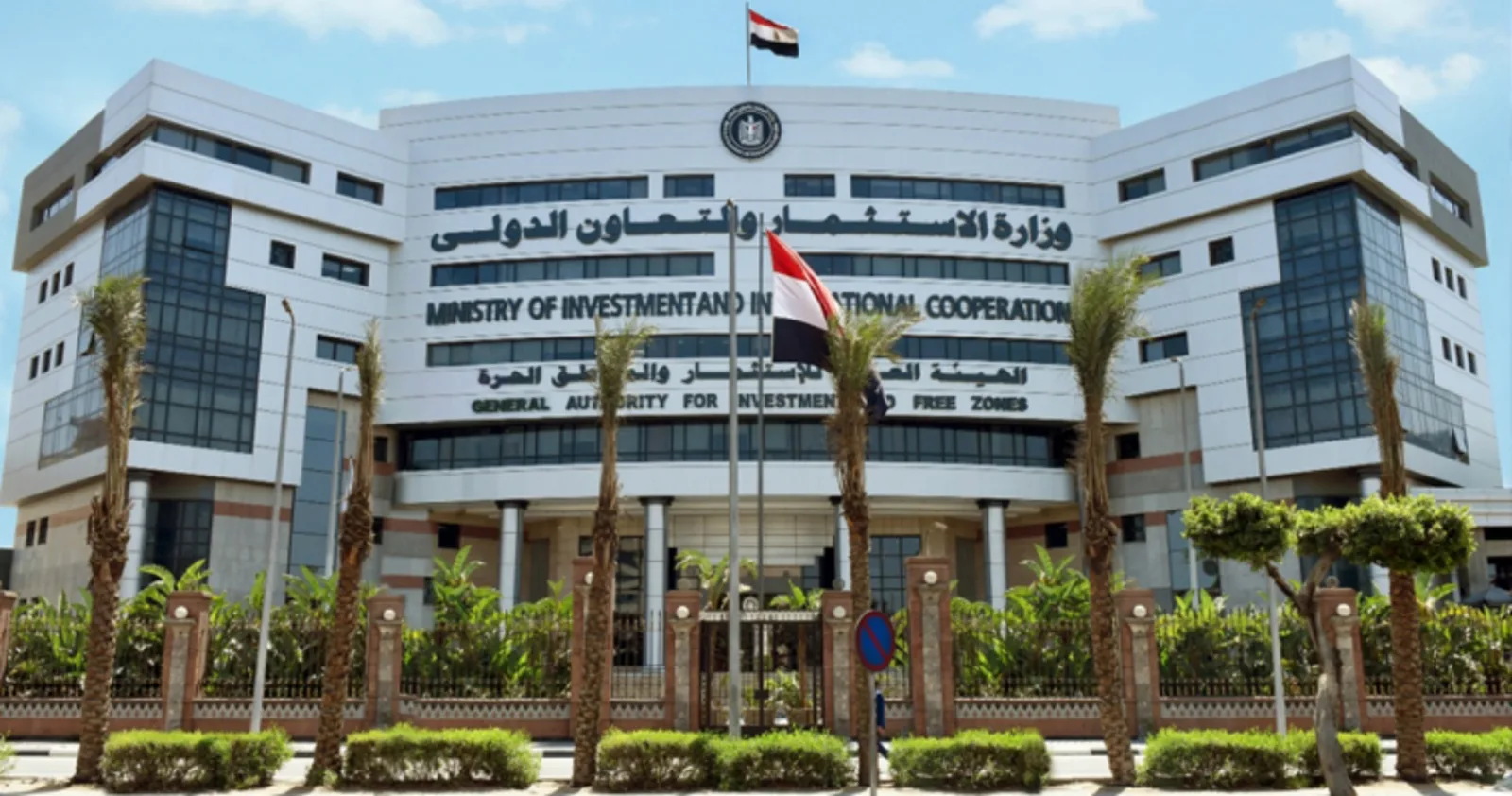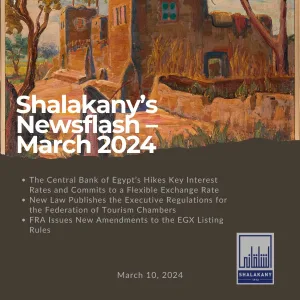The Egyptian Companies Law No. 159 for 1981 and its executive regulations (the “Companies Law”) along with Law No. 72 for 2017 and its executive regulations (the “Investment Law”) grants regulatory powers to the General Authority for Investment and Free Zones (“GAFI”). One of GAFI’s regulatory powers is to ratify minutes of shareholder/partner meetings of joint stock and limited liability companies.
One of the procedures required for ratification is sending invitations by a company’s Chairman or Manager to the relevant company’s shareholders. When the meeting is convened and its minutes are drafted and submitted to GAFI (as required by the Companies Law), GAFI, in turn, considers whether or not to approve the resolutions that are included in the underlying minutes. When performing the said function, GAFI should, and in practice often does, consider various procedural issues. If, instead of approving the minutes as submitted by the company to GAFI, GAFI comments on one or more procedural issues, the company, to secure GAFI’s ratification, should proceed with rectifying the procedural irregularities flagged by GAFI, to the extend they can be rectified.
An important legal question arises as to the legal weight or effect, if any, that GAFI’s ratification of a company’s minutes has in relation to its underlying resolutions. While some believe that GAFI’s ratification is a confirmation by the competent regulator of the validity (both procedural and substantive) of the company’s resolutions, others are of the opinion that GAFI’s ratification does not constitute a conclusive declaration and affirmation of the validity of the relevant resolutions and that, accordingly, GAFI’s ratification should not have any weight in the context of a dispute in relation to the validity of the resolutions. Further, the legal characterization of GAFI’s ratification (i.e. whether or not GAFI’s ratification constitutes an administrative decree that can be challenged before the State Council) has also been the subject of some debate between scholars and practitioners.
On 22 February 2022, the Court of Cassation issued an important ruling by which the Court addressed the aforementioned legal issues.
We will be delving into the key highlights of the factual context of the dispute, the arguments put forward by the disputing parties, and, finally, the Court of Cassation’s analysis and findings.
Summary of the Dispute
Two shareholders of a joint stock company owning 30% of the company’s shares (the “Plaintiffs”) filed a lawsuit before the Cairo Economic Court versus the company (the “Respondent”) to invalidate the resolution of the Extraordinary General Shareholders’ Meeting (the “EGSM”) and, in the interim, to suspend the execution of the EGSM’s resolution until a decision is issued on the merits of the dispute. The resolution issued by the EGSM on 15 December 2019 ordered the liquidation of the joint stock company due to the ineffectiveness of the company’s activity.
The Plaintiffs’ claim was based on an argument that the company did not properly notify the Plaintiffs of the EGSM. In support of their argument, the Plaintiffs invoked the relevant statutory provisions of the Companies Law that govern and regulate the process of convening an EGSM.
On 24 February 2021, the Economic Court (Appeal level) issued its ruling declaring null and void the relevant EGSM and the resolutions reached during the said EGSM.
The Respondent (i.e. the company) challenged the Economic Court’s ruling by way of cassation and, in its challenge, put forward various grounds for its challenge including, inter alia, the following: (a) that GAFI’s ratification of the EGSM resolution constitutes an administrative decree that can only be challenged before the State Council, and (b) that GAFI’s ratification constitutes a conclusive presumption that all procedural and substantive conditions were satisfied by the company.
The Court of Cassation’s Analysis and Findings
The Court of Cassation issued its ruling upholding the Appeal-level ruling issued in favor of the Plaintiffs. In its reasoning, the Court of Cassation emphasized that GAFI’s ratification of the minutes does not qualify as an administrative decree. In the Cassation Court’s own words, GAFI’s ratification is only meant to have the minutes produced in the form that is requested by law pursuant to the documents and information that are provided to GAFI by the company. As such, GAFI’s ratification of minutes does not engage GAFI’s liability; in other words, liability fully stays with the company. Further, seeing that, when exercising its ratification powers, GAFI does not express its own intention or position as an administrative authority with the goal of producing or confirming certain legal implications, the Cassation Court found that GAFI’s ratification is purely a material and non-legal act. Consequently, no administrative decree can be said to exist, and the State Council’s jurisdiction does not arise.
By upholding the Appeal-level ruling issued by the Economic Court, the Court of Cassation confirms that the burden of proof lies with the company that the latter has fully complied with the procedural requirements that are required by law for validly convening an EGSM. Seeing that the company failed to prove that it had indeed adequately notified the Plaintiffs of the date, venue, and agenda for the EGSM, the Court of Cassation found that the challenged ruling, when declaring the EGSM null and void, correctly applied the law.
For more information or in case of any questions and/or comments, please contact Muhammad Ussama (Partner, Disputes) at Muhammad.ussama@shalakany.com.



